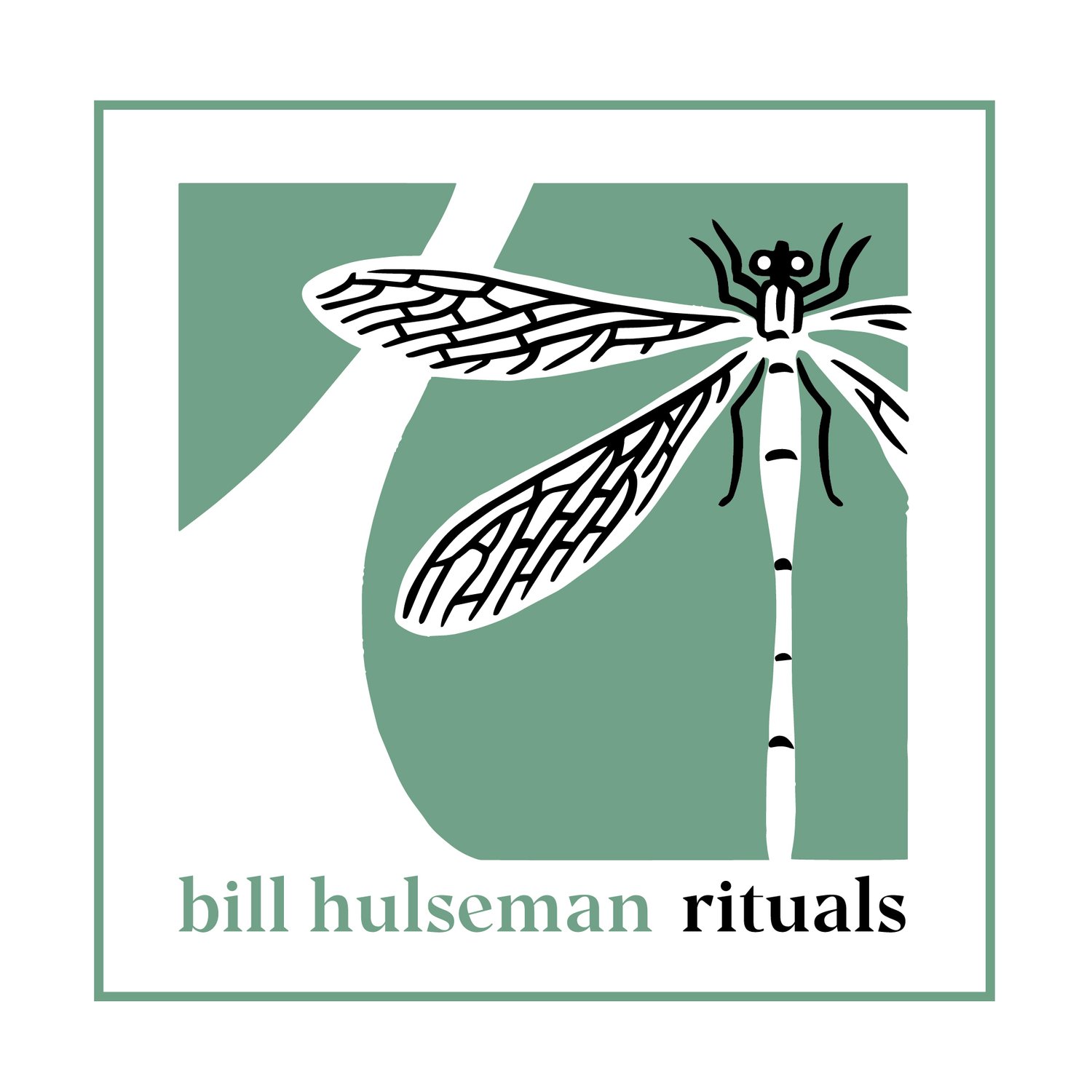theology
The Forum at Pompeii
Lately, I’ve been listening to Stephen Fry narrate his 2017 book Mythos: The Greek Myths Reimagined. Like most things Fry touches, it’s gold. Fry dives deep into the stories that reflected, animated, and shaped the worldview, imagination, and practices of the ancient Greeks, stories that have survived millennia and continue to influence modern thought. Perhaps it’s too soon, but I’m ready to declare Mythos a masterpiece in three categories. First, as a piece of scholarship, it reflects a hefty foray into manuscripts, translations, and academic arguments with intellectual rigor and with a capacity to glean what’s fundamental and relevant. Second, as a piece of storytelling, it is magical and transporting. Fry rescues these narratives from dry translators and prudish interpreters, and he communicates what’s fundamental and relevant for understanding an ancient worldview without diminishing or degrading it. His style lets a contemporary audience understand the funny bits, the anthropological bits, and the profound bits. Fry’s tone and tenor are warm and sympathetic - there’s no sense of sarcasm or audacity that anyone could believe this.
This points to the third category of masterpieciness: it’s an example of how to tell someone else’s story. He doesn’t reduce the world of the Olympians to caricatures or limit the gods to particular functions or natural phenomena, the way most introductions to Greek myths do. Such diminishments of ancient stories leave the impression that the ancients were foolish and superstitious, yet these stories carry questions and insights that humans have been trying to unpack for a few thousand years. He also gets his listeners to laugh with the characters, not at them, and for that matter to empathize with them, to care for them, and to take seriously the truths of our own lives that these ancient figures embody. He also (and this is really the clincher) doesn’t impose modern morality onto the ancients. For far too long, scholars have danced around, diminished, or deleted explicit references to sexuality. Fry doesn’t avoid or apologize for topics that might unsettle moderns with sexual hangups, topics like explicit depiction of sexual activity, the symbolism drawn from sexual organs and experience, and the diversity of sexual relationships among gods and mortals. He tells the story without divorcing truths from the world in which they emerged.
When introducing “theology” to students, I presented a simple formula:
revelation x experience = theology
‘Revelation’ points to inherited truths, practices, and ideas, delivered to successive generations in the form of sacred narrative, art, movement, or ritual. ‘Experience’ points to that of an individual or a community, the lived encounter with life, death, joy, suffering, technology, emotion, sex, hunger, grief, belonging, economy, politic, threat, and potential. Revelation and experience aren’t opposites or enemies; they’re partners - in a dialogue that we moderate. New experiences give us insight into old texts. Ancient stories comfort current griefs. The work of the theologian is to give us language to navigate that dialogue.
I also emphasized with students that the capacity for doing theology isn’t limited to an elite few whose business cards or framed degree certificates denote them as theologians. We inherit and tweak a worldview that frames our navigation, but every one of us has the capacity to name our experiences, to challenge old beliefs and to construct new ones, and to take the helm. Because theology relies on each person’s experience, theology could be a radically democratic venture. Perhaps because of that potential, people in positions of power and influence in academia, political arenas, and religious (and anti-religious) communities project the need for specialized skills or authority to be able to access the most important markers of a tradition. They appeal to history, tradition, and hyperformalization, and, while these make powerful and tangible connections across generations, they also reduce the authority of an individual’s experience and restrict access to engage and impact the core of the tradition.
When we don’t take our experiences seriously, when we privilege the tradition over the person, the result is more than just a big, ugly power struggle. Here’s a real-world effect: In The Evolution of Beauty, evolutionary biologist Richard Prum recounts how the complete research and theories of Charles Darwin were redacted and massaged into scientific theory that more comfortably fit with the dominant (European, white, Christian) worldview of the time. The evolution of species, as Darwin theorized and Prum promotes, wasn’t all rooted in natural selection, survival of the fittest, or procreation. For over a century, scientists and educators have promoted a limited version of Darwinism that fell vulnerable to manipulation by social prejudices - the horrific development of eugenics claimed roots in Darwin (“Social Darwinism,” it’s sometimes called), but the roots were in cultural chauvinism alone. Darwin’s complete theory wouldn’t be accepted by everyone, but how would our dialogue in, our inquiry into, our management of scientific knowledge be different today if, from the start, we had the breadth and depth of his research and scientific imagination? How would we have navigated the 20th century differently? How would we have navigated 2020 differently?
In my lifetime, 2021 presents the best (or rather, most pressing) opportunity to reclaim theology from the clutches of the academic, political, and ecclesial elite. How was Stephen Fry so prescient when he published Mythos? How could he know that we needed a model for revisiting old stories, integrating new insights, and critical reflection on the nature of life? How could he knew that we needed a catalyst to thrust us from obsessing over what was to imagining what could be?

